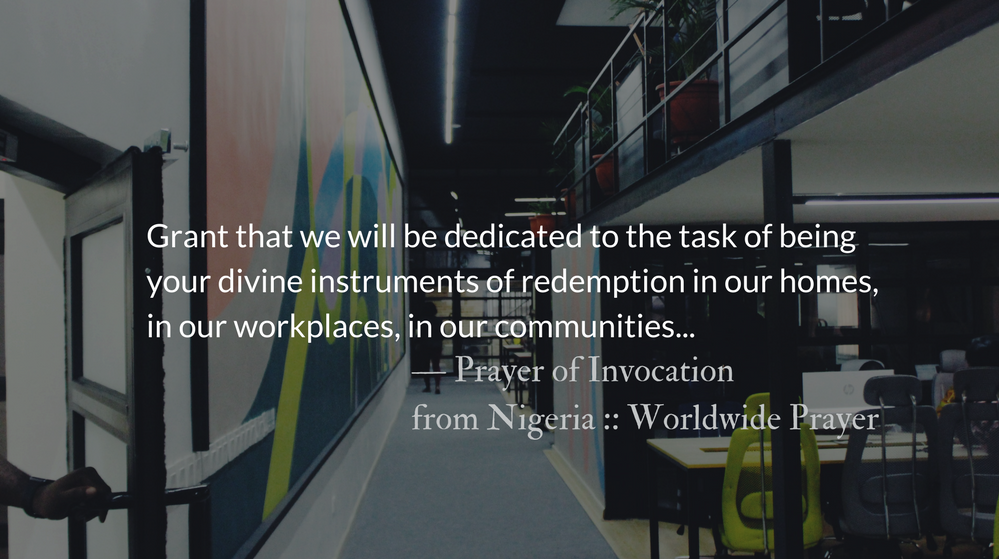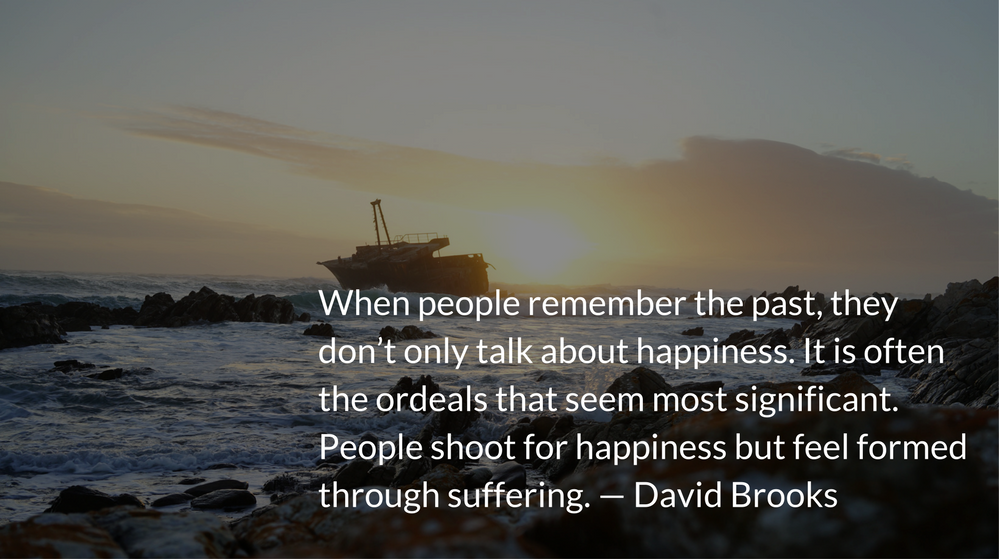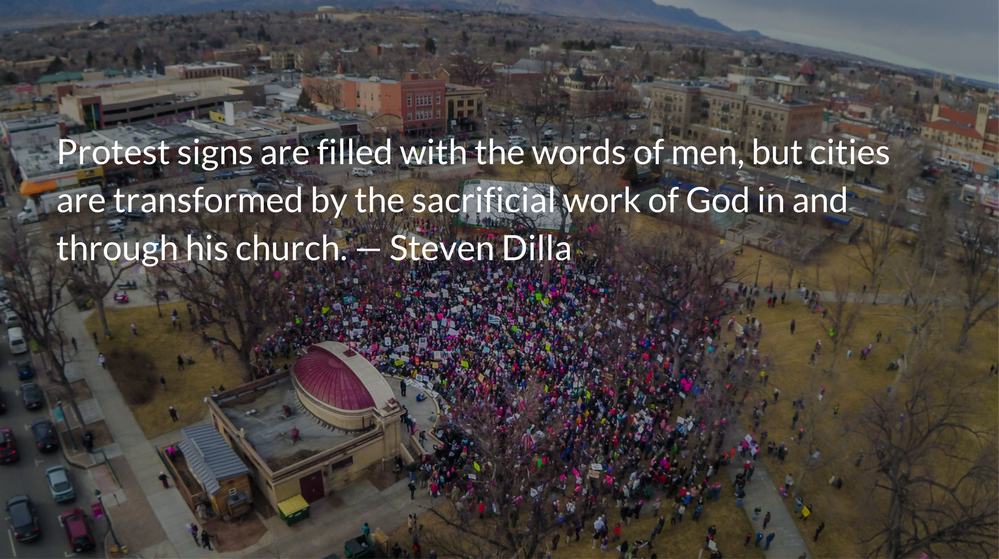Scripture: 2 Corinthians 4.18
So we fix our eyes not on what is seen, but on what is unseen, since what is seen is temporary, but what is unseen is eternal.
Matt is a longtime friend and mentor in ministry and writing. I’m thrilled to be able to include a few of his writings for the benefit of our community. — John
Reflection: Godly Silence
By Matt Tullos
The sole cause of man’s unhappiness is he does not know how to stay quietly in his room. — Blaise Pascal
My wife and kids were away the night a violent thunderstorm hit our town and the electricity went out. At that moment I was watching a football game, scanning twitter, and listening to music.
When darkness arrived in a split second I realized that the battery on my iPhone was almost gone. A brief moment of panic ensued. I realized that in a matter of minutes I would be thrust into the lifestyle millions of people enjoyed in the 1800s!
The silence and lack of media connection was unnerving at first. It was then that I sensed the presence of God speaking to me about my addiction to noise. After 15 minutes I had rediscovered the beauty of silence.
These days, silence is something we must fight to achieve, but it is definitely worth the fight. The National Center of Biotechnology stated in a study that two minutes of silence is more relaxing than listening to “relaxing” music, based on changes in blood pressure and blood circulation in the brain.
However, this is not new knowledge for people of the Book. The Bible urges us to experience silence as a spiritual discipline.
Every day we are faced with the choice of constant communication, noise and blather or intentional, Jesus-focused silence.
Don’t wait for a power outage in order to spend time in silence. God might be trying to tell you something but all the ambient noise and entertainment leaves you deaf to His voice.
I believe we would be astounded by all God wants to say to us and yet He never gets a chance because of our preoccupation with news, messages, conversations and entertainment. Silence isn’t just golden, it is godly.
Ask yourself, “How am I seeking silence in my day?” and “Why is constant communication and auditory stimulation so addictive?”
Take time to spend 15 minutes in silence today. Allow to God speak into your soul.
Editor’s Note: Fasts of many different kinds are common during the Lenten season. In our modern world a fast from certain aspects of technology might be as important as any other type of fasting.
As we cross the mid-point of the 40 days of Lent we will look at fasting and how it has been co-opted by our culture as just another opportunity for consumption and self-fulfillment rather than a process of self-denial, seeking of God, and blessing of others. — John
Prayer: The Call to Prayer
Let my mouth be full of your praise and your glory all the day long. Do not cast me off in my old age; forsake me not when my strength fails. — Psalm 71.8-9
– Prayer from The Divine Hours: Prayers for Springtime by Phyllis Tickle.
Full prayer available online and in print.
Today’s Readings
Job 34 (Listen – 3:26)
2 Corinthians 4 (Listen – 3:02)











